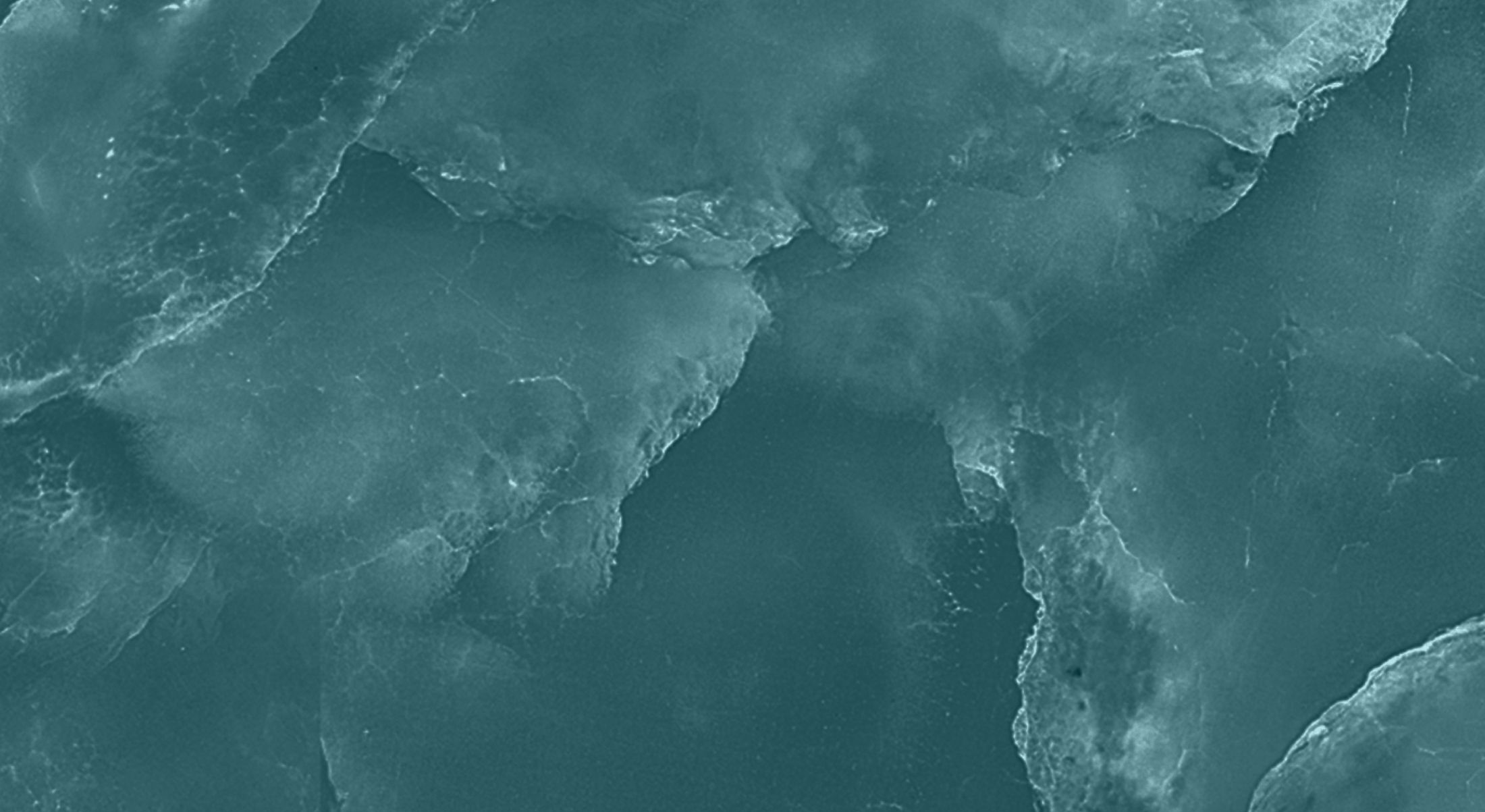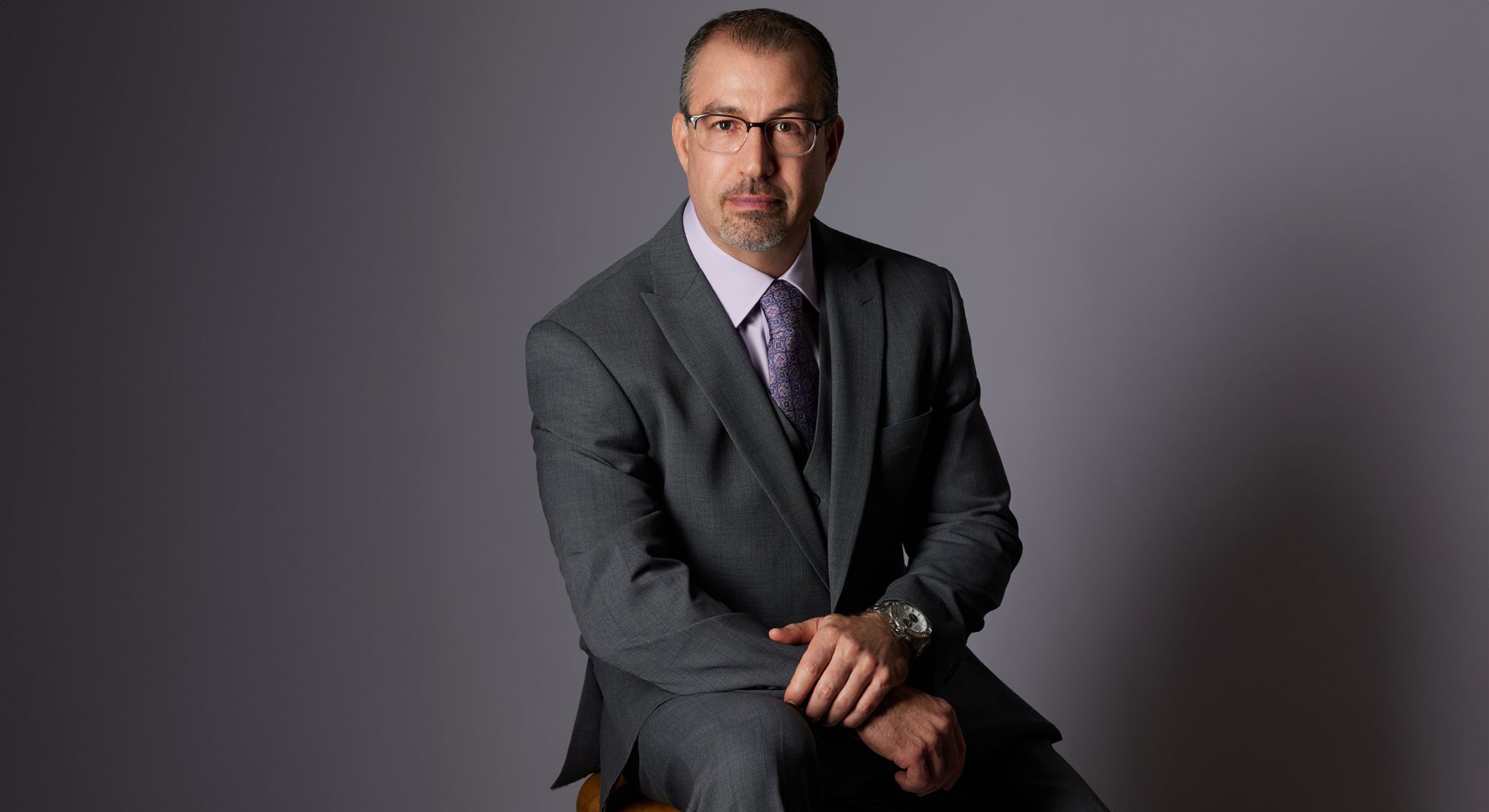

Wellness and Healthy Aging: Introduction Part 1 of 10
Dr. Jason Itri recently gave the first presentation of a 10-part educational series about wellness and healthy aging at The Center Charlottesville. He began with an overview of the course and discussed the difference between lifespan and healthspan, as well as Medicine 2.0 and Medicine 3.0.

Image taken from Outlive by Peter Attia
Lifespan is how long we live, whereas Healthspan is how long we live healthy without chronic and debilitating disease. This concept is critical for wellness and healthy aging.
Medicine 2.0 refers to our current healthcare system in which the focus is on treating chronic disease after they have already manifested. Medicine 3.0 is the concept that providers should be focused on prevention rather than treatment. A great example is diabetes. Medicine 2.0 doesn’t begin treatment until that patient has elevated fasting blood sugar and Hemoglobin A1C, where a significant amount of damage has already been done and we are limited to preventing further damage. Medicine 3.0 focuses on diet, exercise, and other interventions in at risk patients who have not yet developed the criteria for diabetes in an effort to prevent diabetes from manifesting.
We discussed the concepts of causation and correlation, which is relevant when we look at interventions to improve healthspan. An example of causation is the use of diet and lipid-lowering medications for an elevated small LDL-P. Science has shown that LDL-P is directly involved in the development of atherosclerotic disease that causes heart attack and stroke, and interventions that decrease LDL-P also decrease the risk of cardiovascular disease. Correlation simply means that two variables track together but we don’t know if one causes the other. Researchers have determined that a low HDL-P is correlated with increased cardiovascular risk, but interventions that increase HDL-P do not always decrease cardiovascular risk. HDL-P is correlated with cardiovascular risk but not necessarily causative.
Another concept we discussed is the difference between relative risk and absolute risk. Ask yourself this question: which of the following statements is more likely to stop you from trying hormone replacement therapy (HRT)?
- HRT increases breast cancer risk by 24%
- HRT increases breast cancer risk from 0.3% to 0.4%
The first statement is more likely to dissuade a woman from starting HRT, yet they are based on the same data. Both are the conclusions from the Women’s Health Initiative study from 2002. One of the limitations of this study described in the literature is the focus on relative risk (24% increase) rather than absolute risk (an increase of 0.1%). More importantly, the increased risk was due to synthetic estrogens and progestins and we don’t see the same risk when using bio-identical hormones.
When we consider any health-related intervention, these are the questions we should all be asking:
- Is the treatment or intervention treating something that is a problem or will be a problem for me?
- What is the evidence supporting this intervention/treatment in a similar patient population?
- What are the risks and benefits of treating and NOT treating?
- What is the cost?
- What are my alternatives?
- What is important to me and my family?
As an example, I reviewed an intervention that has been shown to extend lifespan: calorie restriction. There are a number of research studies in rats, mice, yeast, worms, flies, fish, hamsters, dogs and spiders which demonstrate that limiting caloric intake can increase lifespan by 15-45%. One of the primary mechanisms is through an enzyme called AMP-activated protein kinase (AMPK), which controls cellular homeostasis, metabolism, resistance to stress, cell survival and growth, autophagy – critical determinants of aging and lifespan. An analogy to the effects of AMPK activation is similar to when someone hosts an event at their house on Saturday night. The host will clean up the house Friday, throwing out old items in the kitchen and refrigerator, cleaning up the kitchen and living room, restocking the refrigerator with fresh foods, and purchasing new items to celebrate the event. Cells perform similar house-cleaning when AMPK is activated.

Now that we know how calorie restriction increases lifespan, we can look at the factors that activate AMPK because these are the interventions we can employ to increase healthspan and lifespan:
- Dieting and intermittent fasting (Diet)
- Exercise (Exercise)
- Estradiol (Hormone optimization)
- Metformin (Medications)
- Gynostemma pentaphyllum (Supplements)
- Resveratrol (Supplements)
Click here to read more about AMPK activation and aging
In the next session, I will review the pathophysiology of 4 of the major causes of mortality in the US: Cardiovascular disease, cancer, metabolic diseases such as diabetes, and Alzheimer’s disease. One of the key points is that the contributing factors for all of these are interrelated, and by employing interventions that reduce the risk for one, we are reducing the risk for all of them.
Click here to register for the next in person event!
About Jason N. Itri, MD, PhD
Dr. Itri specializes in anti-aging and wellness practices that help you look and feel your best. He offers a full range of treatments that include hormone replacement with bio-identical hormone pellets, medical weight loss, peptides, hair restoration, and sexual rejuvenation. He offers free consultations for patients to discuss their challenges and concerns so that he can develop a personalized treatment plan for you to meet your goals. Dr. Itri began his own hormone replacement journey in his late 30’s and now enjoys all the benefits of hormone replacement, medical weight loss, and peptide therapy. He knows what it feels like to be low T and how simple and easy it is to treat this common condition. The treatments he offers have been clinically proven to improve quality of life through optimizing hormones.
Longegevity Health Clinic is a physician-owned, physician-run medspa and physician practice in Charlottesville whose priority is to ensure that patients receive the best aesthetic results and outcomes that exceed their expectations. We opened this practice because as both physicians and patients, we have a unique perspective on how to deliver the highest quality patient care. We treat every patient as if they were a family member.

